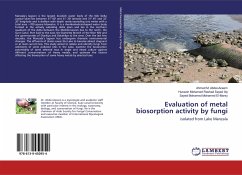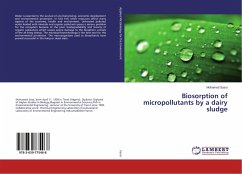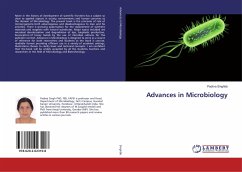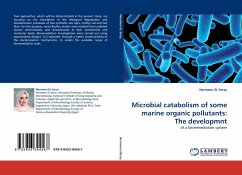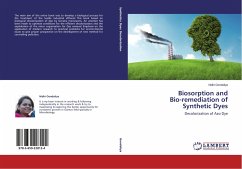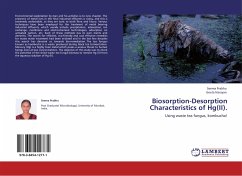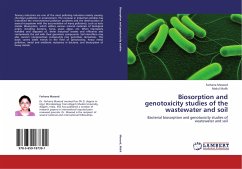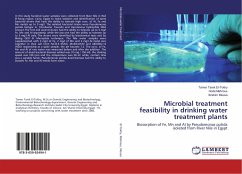Manzala's lagoon is the largest brackish water body of the Nile Delta coastal lakes lies between 31° 00" and 31° 30" latitude and 31° 45" and 32° 20" longitude and is shallow with depth rarely exceeding one meter with a total area ~700 square kilometre. It is a rhombohedral-shaped water body formed in the actively subsiding delta plain and lies in the northern quadrant of the delta between the Mediterranean Sea to the north, the Suez Canal, Port Said to the east, the Damietta Branch of the River Nile and the governorates of Sharkiya and Dakahliya to the west. Over the last few decades, the Manzala's lagoon has undergone dramatic environmental changes. The effluents of drains cause the Lake to became almost stagnant or at least current less. This study aimed to isolate and identify fungi from sediments of some polluted sites in the Lake, examine the biosorption potentiality of some selected taxa in single and mixed culture against different concentrations of heavy metals, and optimize the factors affecting the biosorption of some heavy metals by selected taxa.
Bitte wählen Sie Ihr Anliegen aus.
Rechnungen
Retourenschein anfordern
Bestellstatus
Storno

